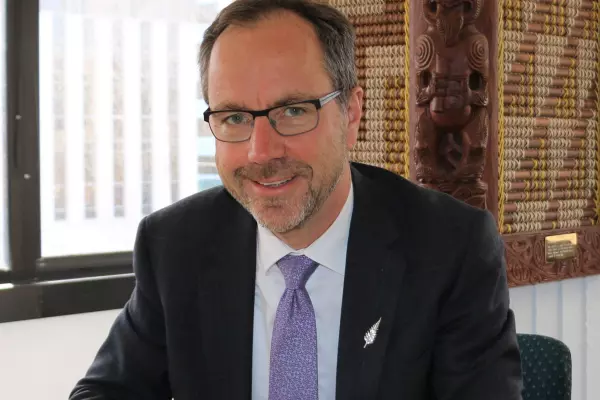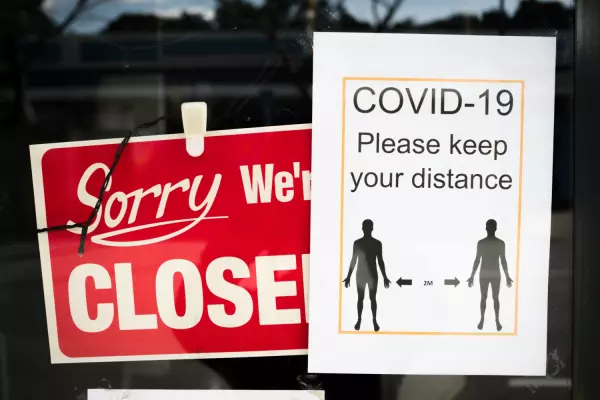MediaWorks and Wellington-based software company Raygun are requiring all visitors to their offices in New Zealand be vaccinated against covid-19 or else meetings will be conducted virtually.
MediaWorks chief executive Cam Wallace informed staff via email of the decision, which comes into effect on Dec 1. It includes all staff, visitors, and on-air guests.
“We are working on the best way to collect this information from our staff, while people visiting our offices will be asked to let their MediaWorks contact know of their vaccination status.”
Wallace said in the email he believed the company had “reached a solution around the best way forward”, despite mandates not being compulsory for the media sector.
MediaWorks said it would work through the practicalities of the mandate.
Wallace added: “We are aware that there are some people who are not able to get the covid-19 vaccine for health or other reasons and these people will need to have a discussion with their manager around the best way to carry out their work.”
Wallace’s former employer, Air New Zealand, has led the way on vaccine mandates, with many of its staff required to get the jab under the government’s Public Health Order but it had also announced in September it would require some staff not captured by that order to be vaccinated. The airline will also introduce vaccine requirements for international passengers early next year.
Raygun’s 35 New Zealand staff have all had their first jab and are 80% of the way to full vaccination, according to chief operating officer Lana Vaughan.
“After confirming all employees are vaccinated, we've implemented a new policy for hosting guests at the office.
“We take the health and safety of our team and guests seriously, which is why we are only able to host others that are also fully vaccinated.”
Customer carrot
The company is also incentivising prospective customers to be vaccinated by offering $1,200 worth of services for free if the new customer can prove they’ve been jabbed.
“This is about celebrating our wider contribution in our community, and acknowledging those who have chosen to do the same,” Vaughan said.
“We all have a role to play and this reflects our team’s stance that the best thing we can do right now is to get vaccinated. We hope that this initiative can help to normalise vaccination and thank others for doing their part.”
Raygun’s performance monitoring software is used by global firms such as Coca-Cola, Microsoft, and Samsung, and it has offices in Seattle.
The two companies are not alone in mandating vaccinations in the workplace, with PwC and Russell McVeagh only allowing those who are double vaccinated to work from their offices.
But it is more common for vaccinations to be incentivised rather than mandated. Telco Vodafone is offering its 2,000 staff two months of free internet, while The Warehouse is offering fully vaccinated staff $100, and Steel & Tube offering workers $75 per jab.
With NZ companies taking different approaches to vaccine rulings for staff and workplace, Vaughan expects other companies to take a similar approach to Raygun.
“For us this clearly fits within our responsibility of creating and maintaining healthy and safe work environments. This is a no-brainer, and other businesses should consider their own responsibility and look to implement similar strategies.”
From Jan 1, all teachers in NZ are required to be fully vaccinated in a mandate that also applies to home educators and school support staff. The government has also mandated vaccinations for all health sector workers.
As of Tuesday morning, just over 63% of NZ’s eligible population was fully vaccinated.














